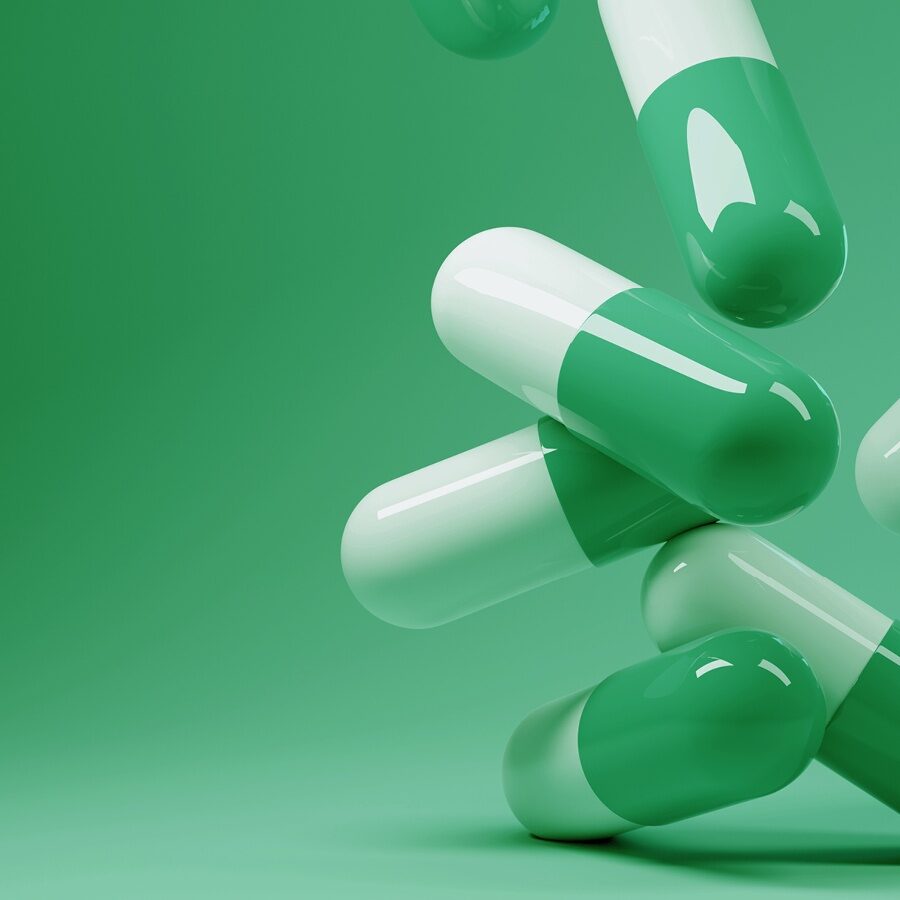Chugai Pharmaceutical, a leading Japanese biopharmaceutical company and subsidiary of Roche, has entered into a high-value partnership with a Swiss biotechnology firm to develop innovative antibody-drug conjugates (ADCs). The deal includes an upfront payment and milestone payments totaling over $780 million, highlighting the strategic importance of ADC technology in the future of cancer treatment.
The Strategic Importance of ADCs
ADCs represent a transformative class of therapies in oncology, combining the precision of targeted biologics with the potency of traditional chemotherapy. These compounds are designed to deliver cytotoxic agents directly to cancer cells by leveraging antibodies that bind specifically to tumor-associated antigens. By focusing treatment on cancer cells, ADCs aim to minimize the collateral damage to healthy tissues, reducing side effects and improving therapeutic outcomes.
Chugai’s collaboration underscores the growing prominence of ADCs in the oncology market. Recent advancements in ADC linker technology, payloads, and antigen-targeting capabilities have made these therapies more effective and safer, expanding their potential applications across a wide range of cancers.
Key Components of the Deal
- Upfront and Milestone Payments: The agreement involves a substantial upfront payment, with additional milestone payments linked to development, regulatory approval, and commercialization success. Together, these payments exceed $780 million, underscoring the high expectations for the technology’s impact.
- Research Collaboration: The partnership includes joint research efforts, with the Swiss biotech company contributing its expertise in ADC payload development and linker chemistry, while Chugai leverages its established antibody engineering capabilities.
- Therapeutic Focus: The collaboration will initially focus on developing ADCs for solid tumors, particularly those with unmet medical needs. The partners aim to create highly selective therapies that can target tumors resistant to existing treatments.
Expanding Chugai’s Oncology Portfolio
This deal aligns with Chugai’s broader strategy to enhance its oncology pipeline and maintain a competitive edge in cancer therapeutics. The company already has a strong portfolio of cancer treatments, including biologics and small-molecule drugs. By incorporating ADCs, Chugai aims to expand its offerings to include next-generation targeted therapies, addressing both solid tumors and hematologic malignancies.
Chugai’s parent company, Roche, has also been an early leader in ADC development, with drugs like Kadcyla (ado-trastuzumab emtansine) achieving significant commercial success. This new partnership reflects Roche’s and Chugai’s continued commitment to innovating in this space.
Antibody-Drug Conjugates in the Market
The ADC market is experiencing rapid growth, driven by recent FDA approvals of groundbreaking therapies and expanding applications in oncology. Key drivers include:
- Improved Technologies: Advances in linker stability and payload selection have increased the therapeutic index of ADCs, making them more viable for a wider array of cancers.
- Patient-Centric Design: ADCs are tailored to specific tumor types, offering a personalized approach to cancer care.
- Commercial Success: The market for ADCs is expected to surpass $15 billion annually by 2030, with companies racing to develop new entrants.
Implications for Patients and the Industry
The development of novel ADCs has the potential to redefine treatment paradigms for cancers with limited options. By targeting specific tumor markers, these therapies could offer new hope to patients with aggressive or treatment-resistant cancers. Additionally, the reduced toxicity profile of ADCs could improve the quality of life for patients undergoing treatment.
For the biopharmaceutical industry, this collaboration represents a strategic alignment of expertise and resources. Chugai’s robust pipeline and the Swiss biotech firm’s innovative ADC technologies position both companies to capitalize on the rapidly expanding market.
Conclusion
Chugai’s $780 million deal to develop ADCs reflects a bold step in advancing cancer therapies. With a focus on targeted, less toxic treatments, this collaboration highlights the potential of ADC technology to transform oncology care. As development progresses, the partnership is poised to deliver groundbreaking therapies that could significantly improve outcomes for patients battling cancer. This deal not only strengthens Chugai’s position in the oncology market but also sets a precedent for future collaborations in the highly competitive ADC landscape.





